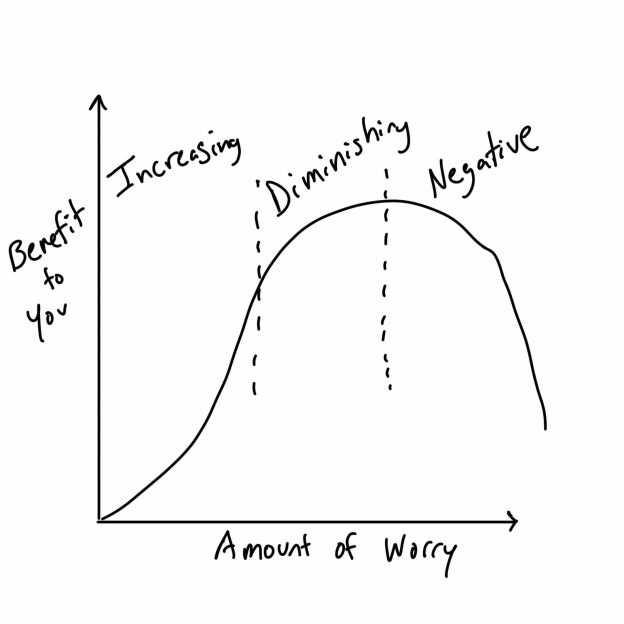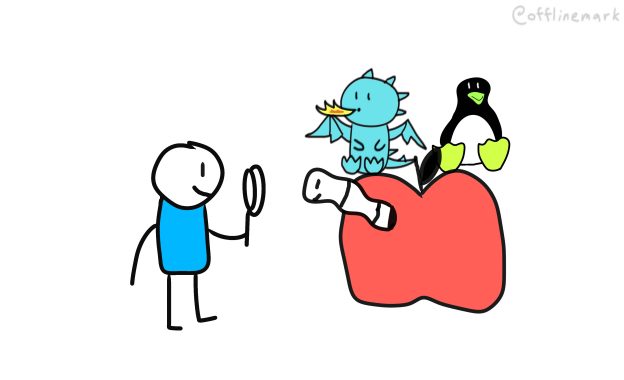Going to a conference alone can be an intimidating experience, but it’s completely doable (I’ve done it many times). Here are my tips:
Optional: Look people up ahead of time and reach out
If you can, try to research ahead of time people who will be attending the conference and reach out online with a LinkedIn or Twitter message. This might give you a nice head start.
Be friendly, open, and seek out others in your situation
You might be surprised how many other solo attendees are at conferences or conventions. These will be the easiest people to meet as your ‘first friends’ — don’t be afraid to approach and say hello!
Set a goal: Don’t eat dinner alone
If a conference doesn’t include dinner, set an explicit goal for yourself to not have dinner alone.
Actively try to meet people throughout the day, specifically seeking out other solo attendees who might want to get dinner later.
Exchange contact info with people you enjoyed meeting, and float the idea of possibly getting dinner if they don’t already have plans.
Detach politely from uninteresting people
Don’t spend excessively long around people you don’t connect with.
After meeting someone, if you don’t find them very interesting and would prefer to keep mingling, it’s completely acceptable to do so. You can say something like “Well it was great to meet you — I think I’d like to mingle around a bit more. Have a great conference.”
Just try to make one new friend
Don’t set the bar too high for what would make it a successful event for you. For me, if I make even one solid new friend or connection, I consider it a win.
Just try to have one takeaway from talks
This is unrelated to going solo, but like the above tip, I set the bar pretty low for what I aim to get out of talks. If I get even one solid insight, thought, or takeaway, I consider it a win. You’d be surprised how hard it is to get one solid takeaway from some talks.
Volunteer
Volunteering can be a great way to automatically meet people (organizers, other volunteers) and get in contact with well known people in the community.
Make it easy for others to strike up a conversation
You can do yourself a favor by wearing slightly more interesting clothing or accessories than you typically might. For example, for me it might be wearing a shirt for my favorite band. Or maybe something topical for the conference/convention. The goal is to give people something easy to comment one which you can talk about, and help get a conversation going, or keep one going if you run out of things to talk about.



